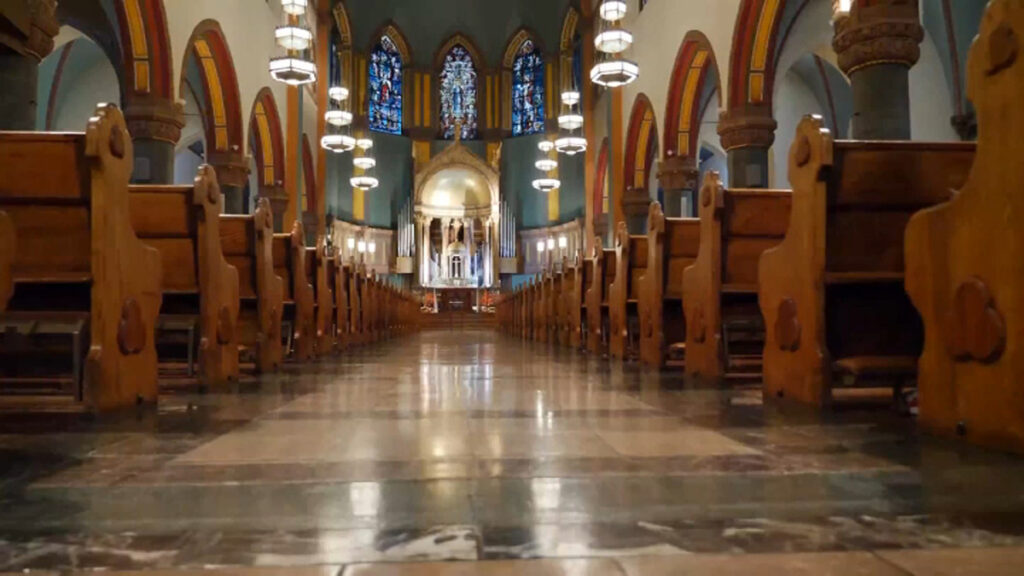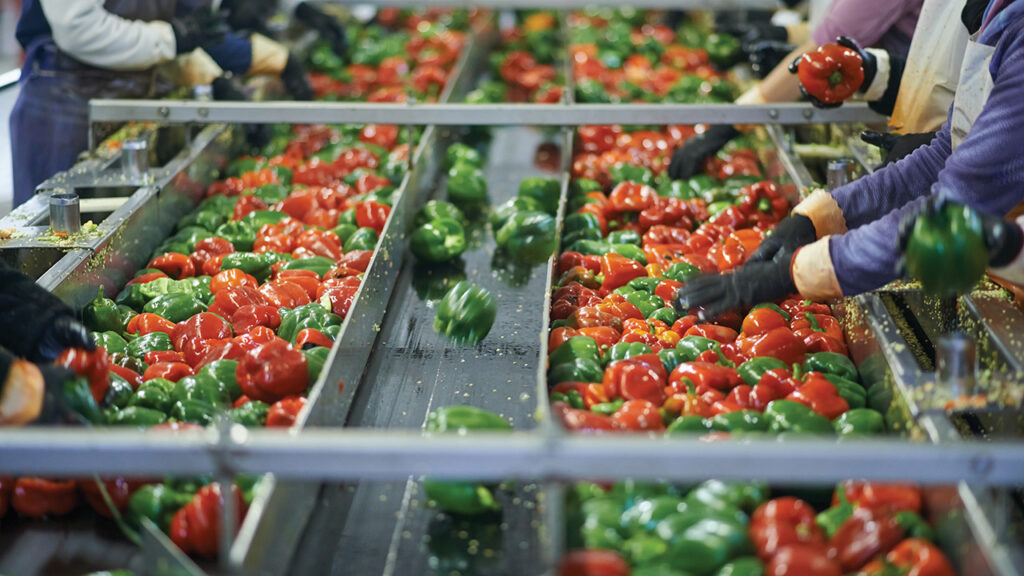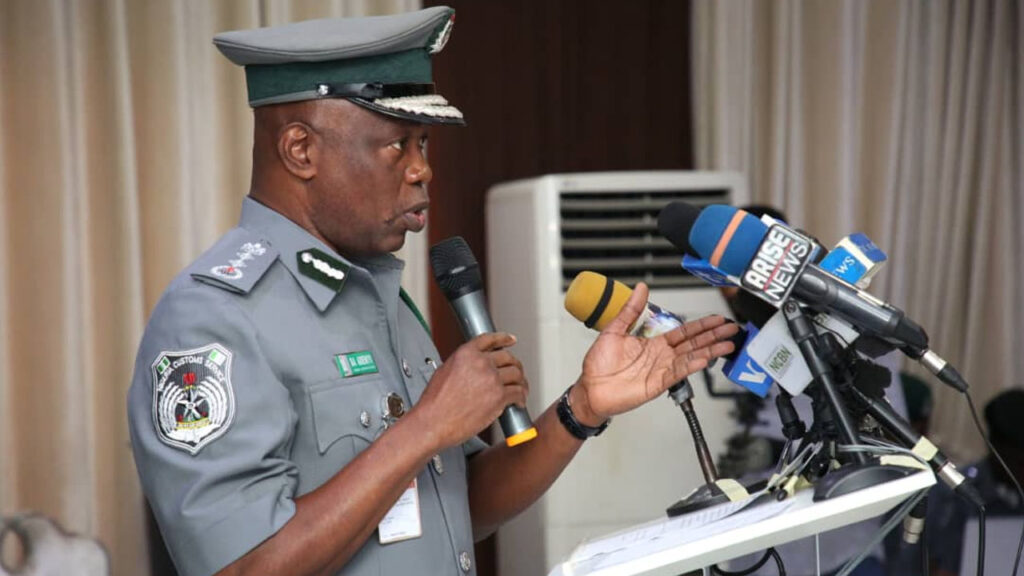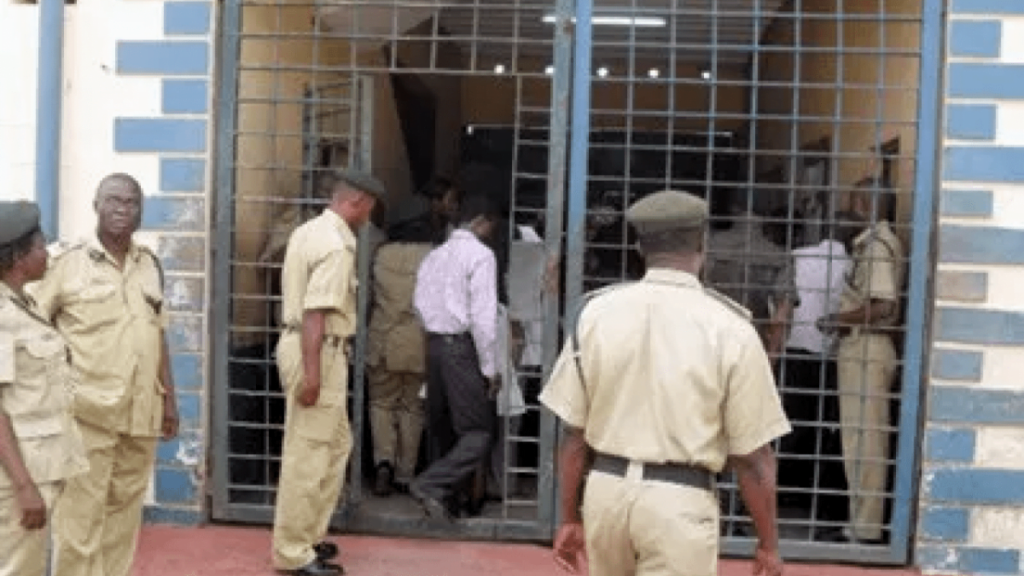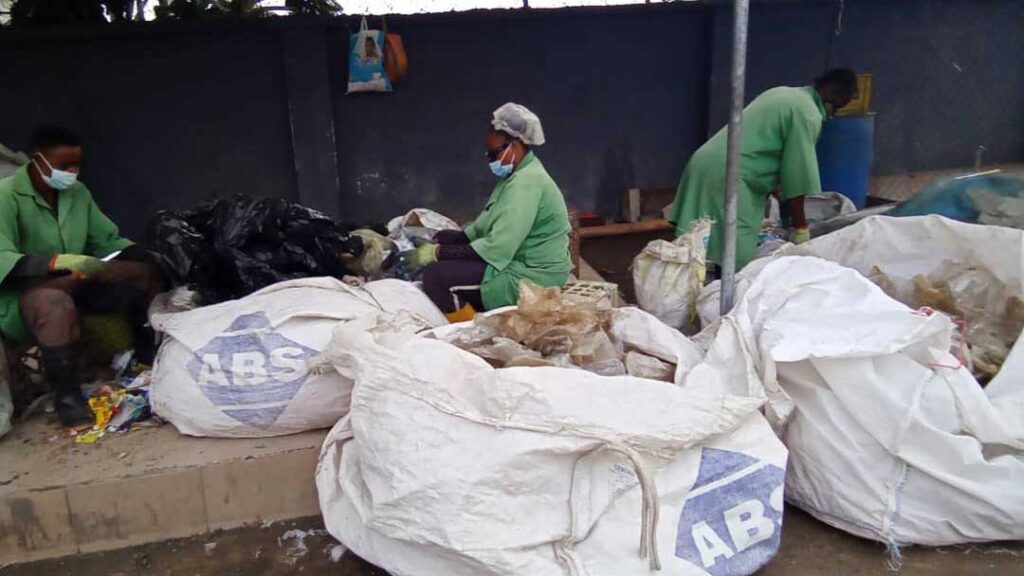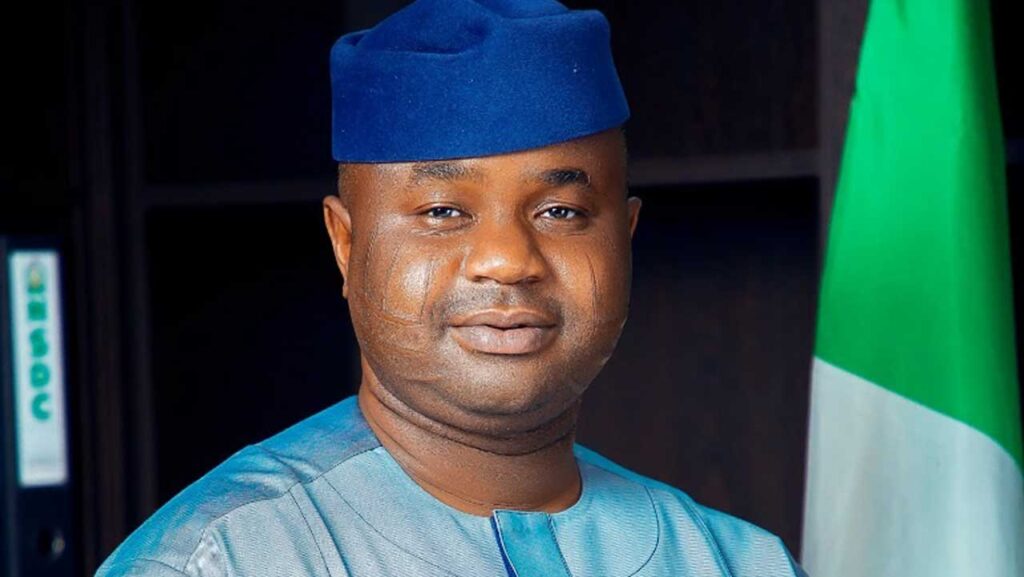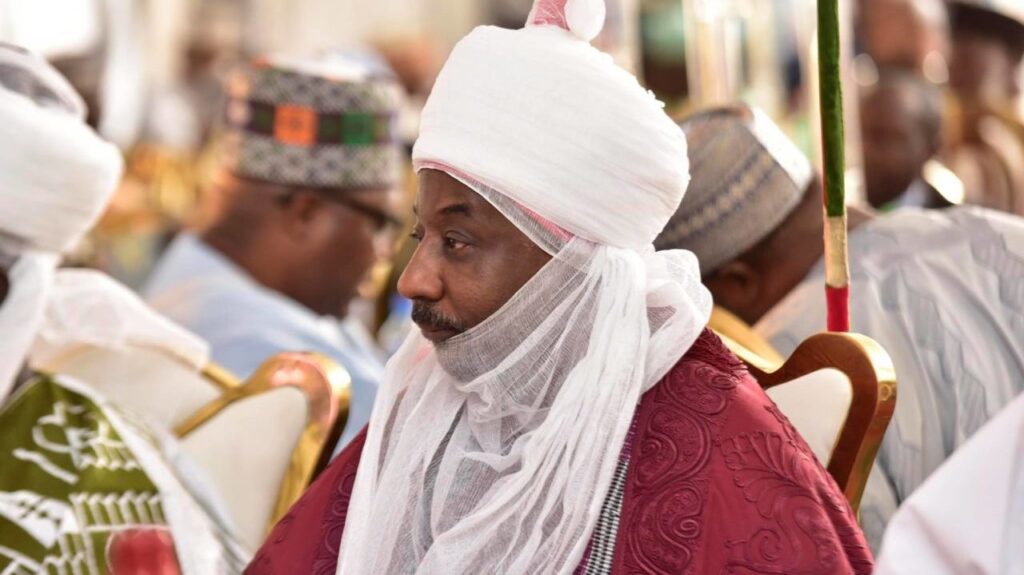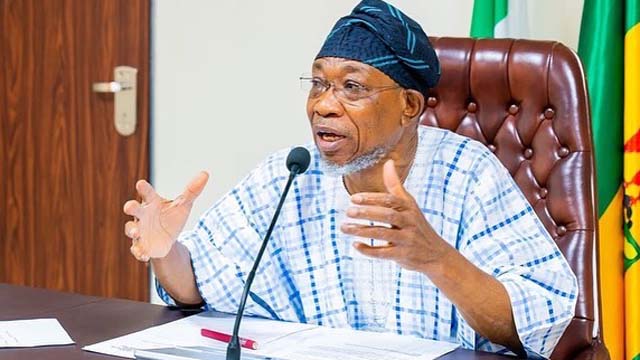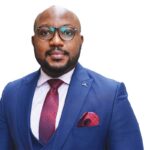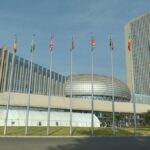
One of the major challenges of West African states is leadership deficiency, which has often led to political instability.
West Africans have attempted to solve their problems through the formation of the Economic Community of West African States (ECOWAS), known as CEDEAO in French and Portuguese. ECOWAS was established in May 1975, but the people’s hope has continuously been dashed as a result of leadership issues.
The primary objectives of this sub-regional organisation are to promote economic cooperation among member states in order to raise living standards and promote economic development.
Gradually, ECOWAS also developed a security framework to address security issues and a peacekeeping force for conflicts in the sub-region.
But it is irrational to expect great success from a group of states that struggle with domestic leadership deficiencies. These leadership challenges come with the fabric of corruption and poor economic policies that create abject poverty for citizens. As a result of the corrupt practices, common among West African leaders, most of them have employed the radical approach of overstaying their tenure, thereby creating political instability in the sub-region, as what follows are military coups.
ECOWAS was based on a liberalist ideology, that anarchy is not necessarily permanent and can be eliminated through proper institutions, just like the condition of anarchy has been eliminated in societies by creating government and adequate laws. ECOWAS has a track record of democratically elected leaders resisting the relinquishment of their power after their terms are over. They resist by attempting to change the constitution, suppress the freedom of the press and freedom of speech, rig the elections, and suppress opposition parties so that they remain in power.
It is important to note that for a leader to exercise these acts to remain in power, it requires extensive finance – they are able to possess this excessive finance through embezzlement and corruption.
On September 13, 2019, I saw the Guinean President, Alpha Conde for the first time in the US Department of State in Washington, DC, where Secretary Michael Pompeo discussed with President Conde about the upcoming presidential elections in Guinea.
Pompeo conveyed that the United States’ strong support for regular, democratic transitions of power would yield more accountability, stronger institutions, and less corruption. Instead, President Conde rejected the advice of the Secretary for his own objective, as he exhausted every means to remain in power. He was eventually overthrown on September 5, 2021, by Colonel Mamady Doumbouya, a military junta.
Don’t be fooled, the military regime is worse than the civilian regime, as the first thing the junta does whenever it seizes power is to suspend the constitution – they have zero tolerance for criticism. The military regime restricts freedom of speech and freedom of the press, does not respect human rights, and they rule by decree. The development in Guinea is just one example out of many.
Recently also, the Senegalese democratically elected president, Macky Sall, made attempts to reschedule the election initially slated for February 25, 2024, to December 15, 2024. Different civil groups have since been appealing to him to reschedule the election to June 2, 2024 instead.
It must be noted, however, that President Sall is doing this in a radical attempt to overstay his tenure that ends on April 2, 2024.
ECOWAS, currently led by Nigerian president, Bola Tinubu, went to speak with President Sall on following the original election schedule as stipulated by the Senegal constitution, just as Secretary Pompeo spoke with former Guinean president Conde. But President Sall is also following his own script.
Sall’s actions are tantamount to inviting military intervention in another ECOWAS State. This act is planting the seed of political instability in West Africa’s most politically stable country.
The result of leaders not wanting to leave power after their tenure is over, is simply setting the stage for corruption, poor economic policies, abject poverty, insecurity, and political instability.
To be sure, as more West African leaders do everything, legally and illegally, to perpetuate themselves in power, democratically elected governments give open invitations to military governments. If this practice continues, it will be difficult for ECOWAS to achieve its primary objectives, and political instability will continue to rock the West African sub-region.
• Abiodun Ramon Oseni, a former US Police officer, who specialises in international security at Harvard University wrote via ar.oseni@yahoo.com


